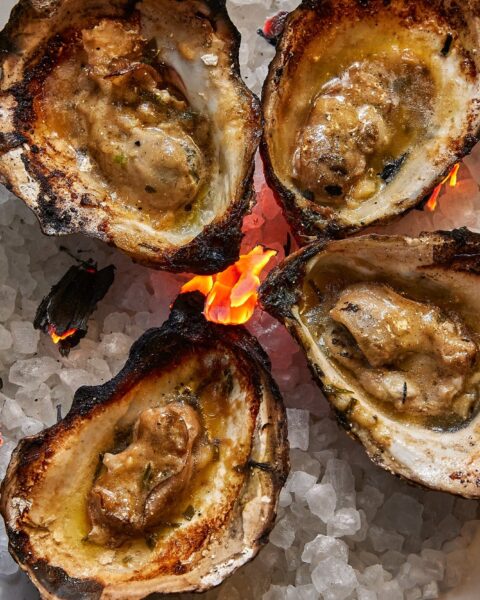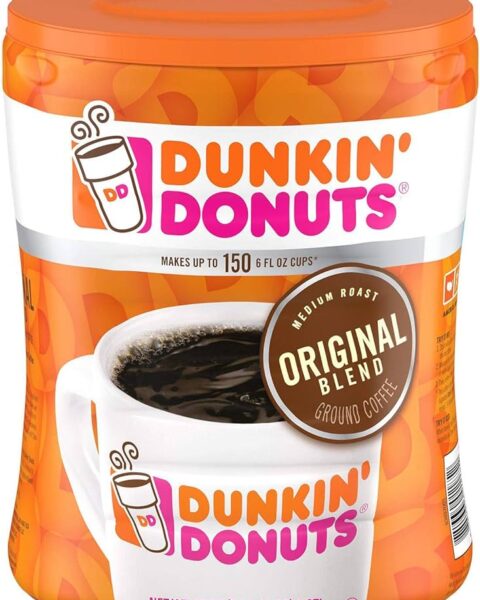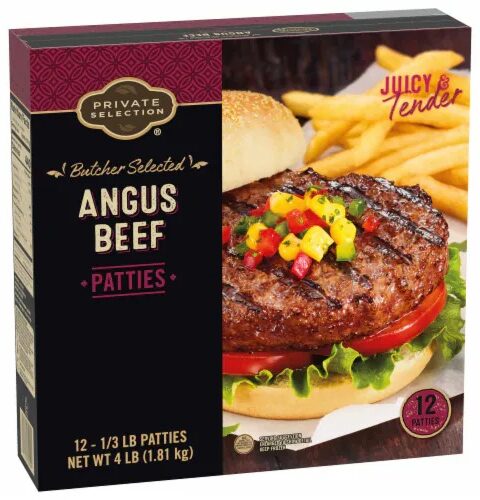We’ve all heard them: the trendy cooking terms that pop up in every recipe, food blog, and cooking show. While they might have started with good intentions, these buzz words have become so clichéd that they now grate on our nerves. Whether it’s “organic” or “deconstructed,” these terms can turn a simple dish into a pretentious mouthful. Here are the top ten overused cooking buzz words that people just can’t stand anymore.
Contents
Artisan

The term “artisan” originally referred to products made by skilled craftsmen. Nowadays, it’s slapped on everything from bread to cheese, often with little regard for actual craftsmanship. It has become a marketing ploy to make ordinary items sound special. People are tired of seeing this word everywhere, diluting its true meaning.
Gourmet
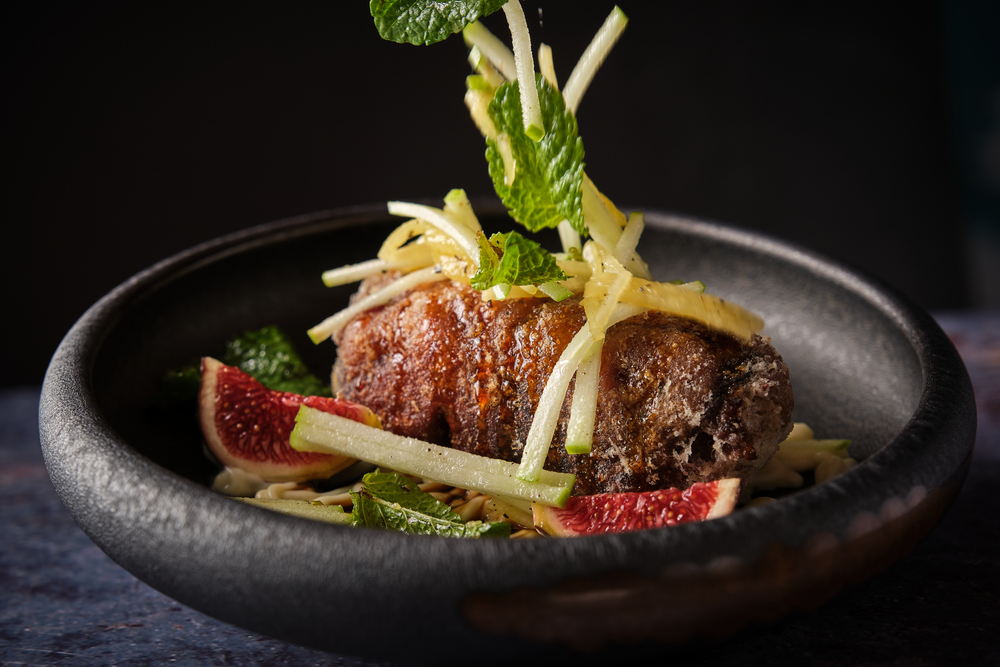
“Gourmet” used to imply a high standard of food, prepared with exceptional skill and premium ingredients. However, it’s now overused to describe anything slightly fancy, from sandwiches to coffee. This overuse has made the term lose its luster and credibility. Many now view it as a hollow descriptor rather than a genuine mark of quality.
Organic
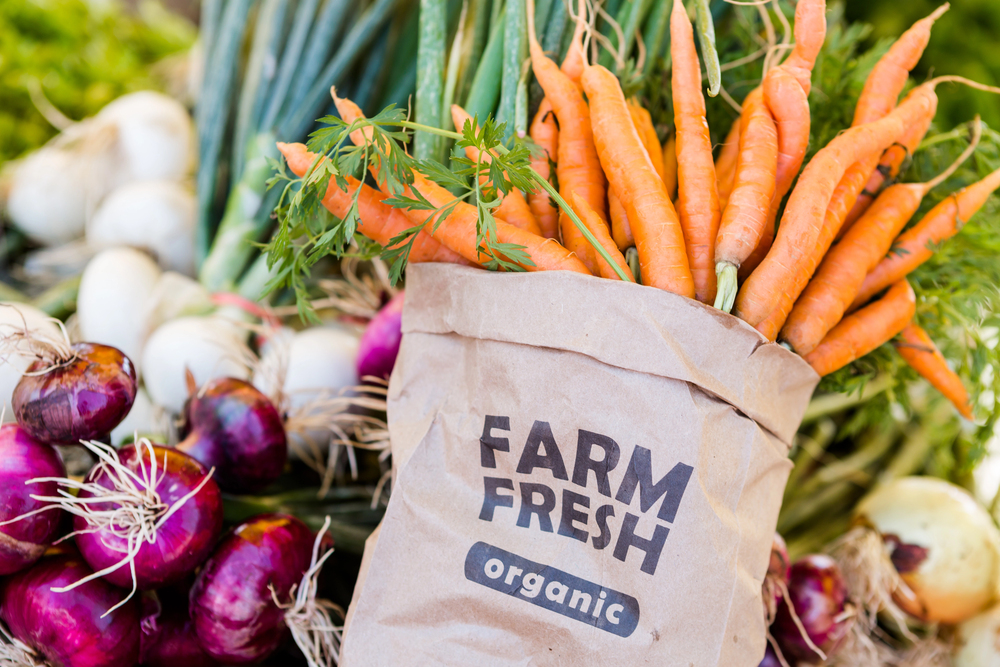
While “organic” started as a way to highlight food grown without synthetic pesticides, its overuse has turned it into a buzzword. Consumers are often left questioning the authenticity and worth of products labeled as such. The term has become more about marketing than meaningful quality. People are increasingly skeptical of its true significance.
Deconstructed
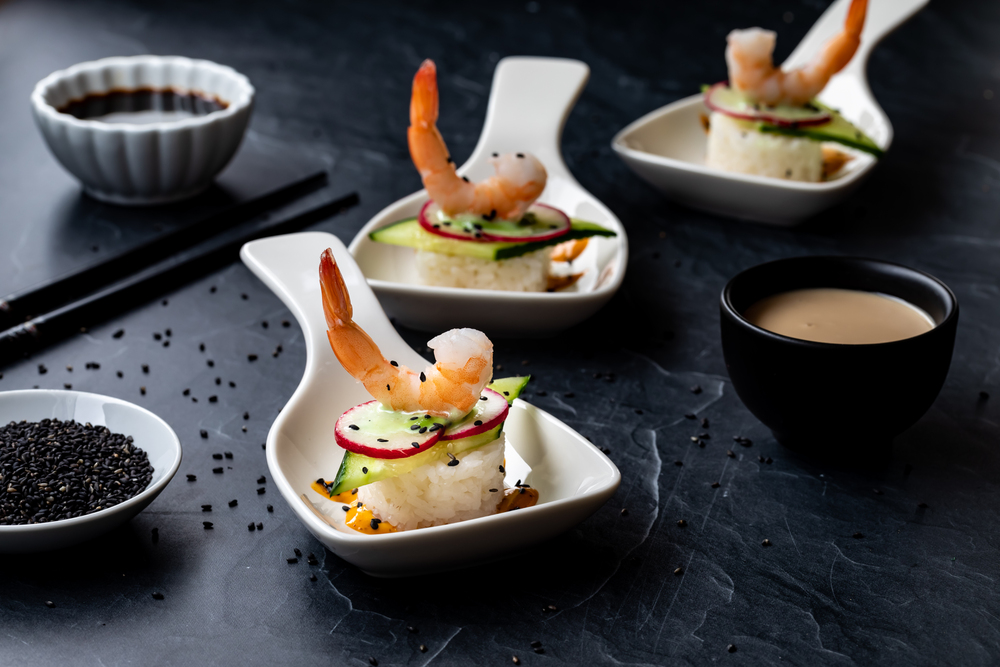
“Deconstructed” dishes were initially an innovative way to present familiar flavors in a new form. However, this concept has been overdone to the point of becoming pretentious. What once was creative now often feels like a gimmick. Diners are weary of dishes that are more about style than substance.
Superfood
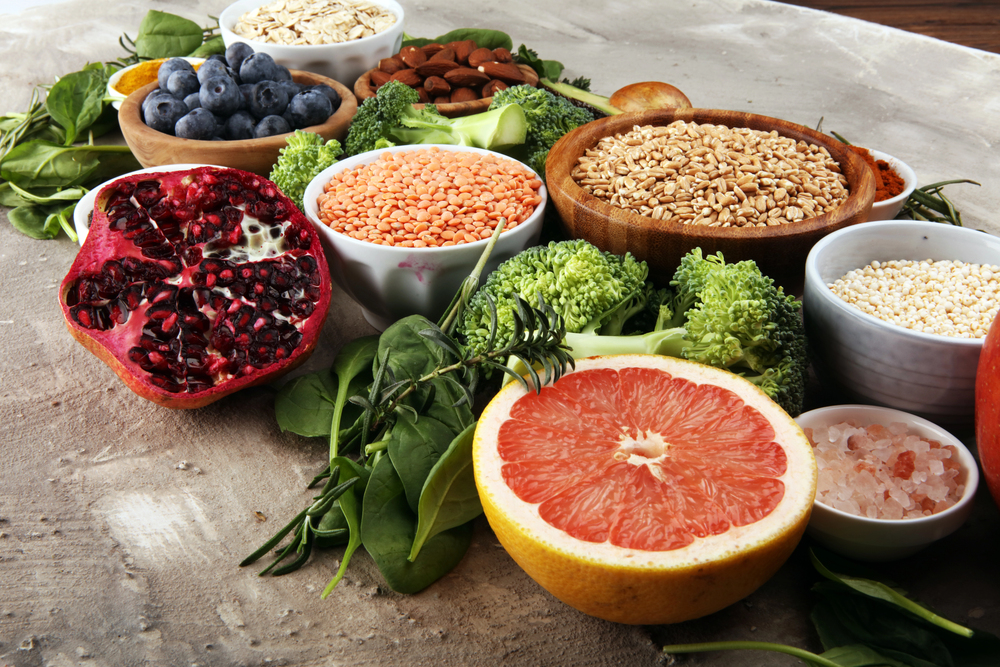
“Superfood” is used to describe foods with supposed superior health benefits. The term is thrown around so liberally that it’s lost much of its impact. Everything from kale to quinoa has been dubbed a superfood, often with exaggerated claims. People are fatigued by the constant hype and dubious health promises.
Farm-to-table
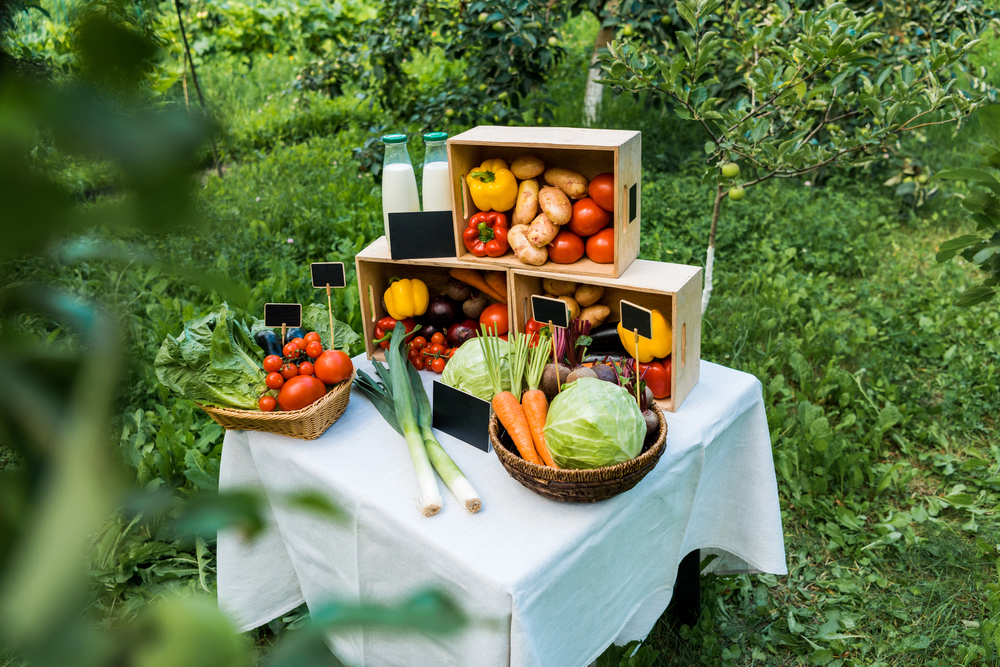
The “farm-to-table” movement emphasizes fresh, locally sourced ingredients. Yet, its overuse has turned it into a cliché that can feel insincere. Many restaurants use the term without genuinely adhering to its principles. Diners are beginning to see it as more of a marketing term than a guarantee of quality and sustainability.
Handcrafted

“Handcrafted” once indicated a product made with care and personal touch. Today, it’s used so broadly that its meaning has become diluted. From beverages to baked goods, the term is applied to almost anything. This overuse has made consumers skeptical about what truly qualifies as handcrafted.
Infused
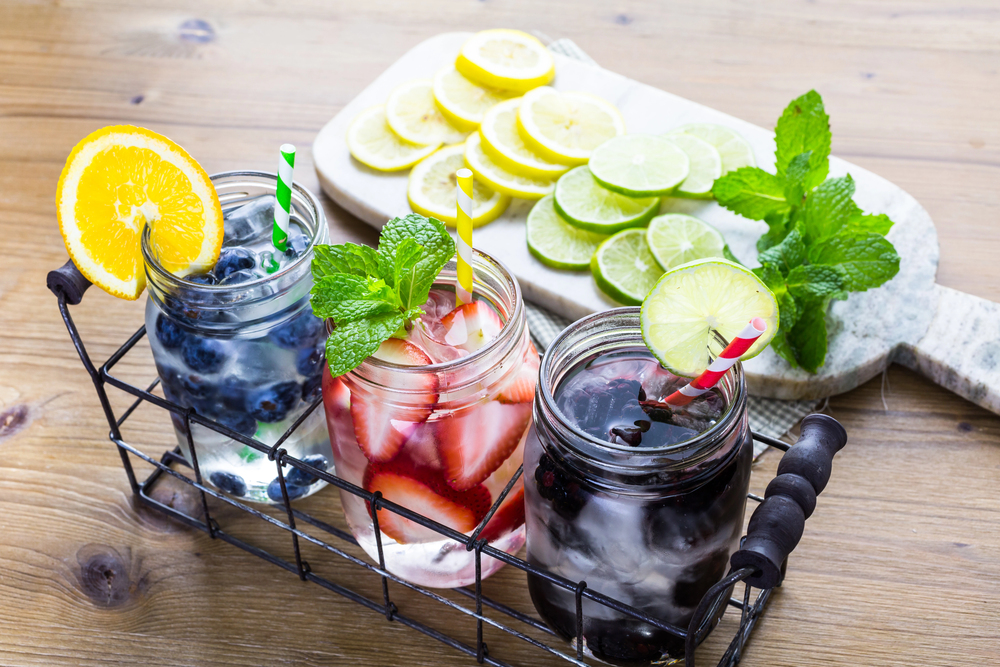
The word “infused” was initially used to describe flavors that had been delicately incorporated into food or drink. Now, it’s so commonly used that it often seems like an attempt to make dishes sound more sophisticated than they are. The novelty has worn off, and people are tired of seeing it used to overcomplicate simple items.
Decadent

“Decadent” is often used to describe rich, luxurious food, especially desserts. However, its frequent use has rendered it nearly meaningless. Every other chocolate cake or creamy dish is labeled as decadent, making the term feel overblown. What was once a word to indicate indulgence now feels overused and unoriginal.
Locally-sourced
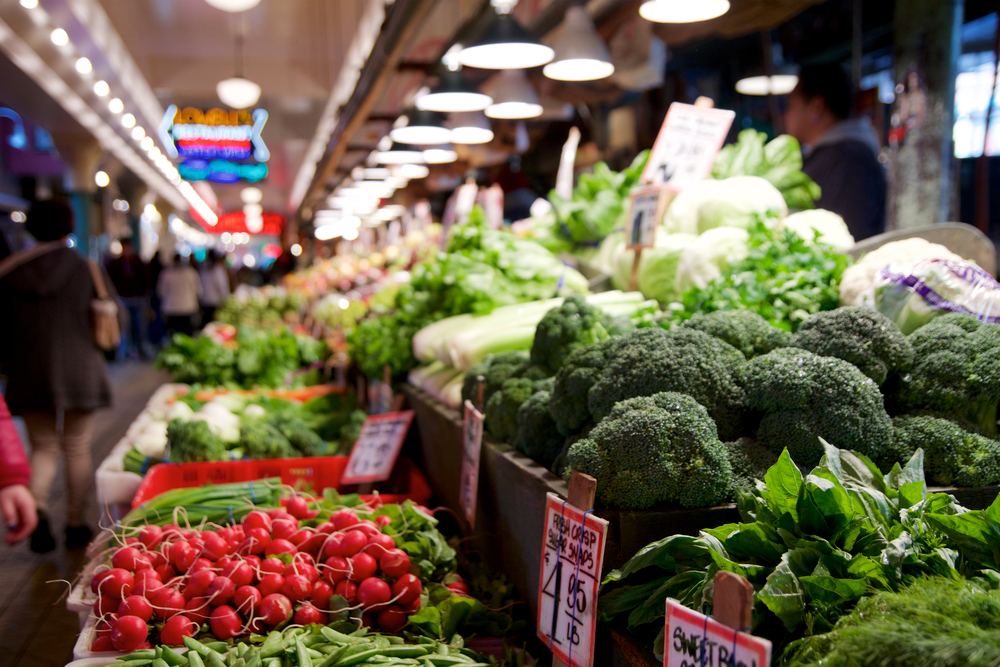
“Locally-sourced” suggests that ingredients come from nearby, supporting local farms and reducing carbon footprints. While it’s a positive concept, its overuse has led to skepticism. Not all establishments using the term are transparent about their sourcing. Consumers are starting to view it as a trendy label rather than a true commitment.
This article originally appeared on RetailShout.







